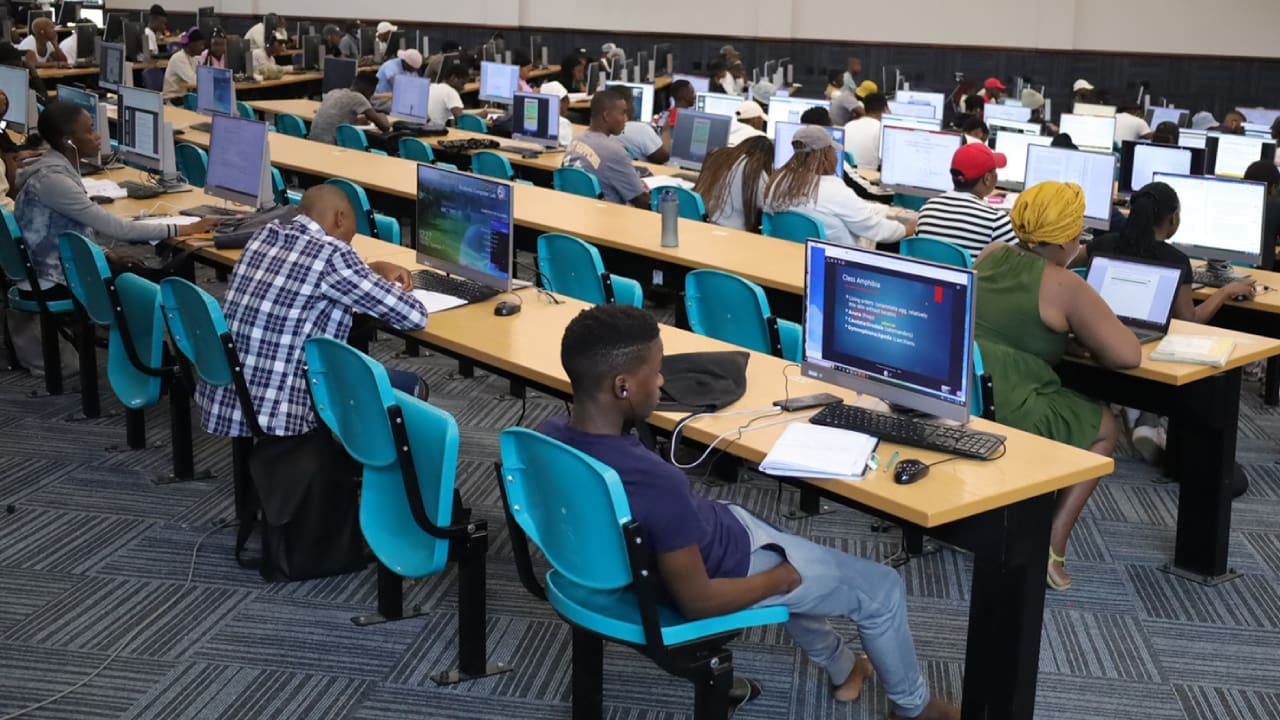- The Department of Communications and Digital Technologies (DCDT) has launched a new STEM laboratory at the University of Limpopo.
- It said students will be able to benefit from the laboratory in upskilling in AI, robotics, data analytics and more.
- STEM education is repeatedly being identified as a key driver for societal development.
The University of Limpopo is set to benefit from the launching of a state-of-the-art Science, Technology, Engineering and Mathematics (STEM) laboratory on the campus in a project led by the Department of Communications and Digital Technologies (DCDT).
The lab was launched on Friday last week, with the DCDT minister Solly Malatsi attending the launch of the facility. The minister says that the lab will boost the province’s upskilling in subjects like Artificial Intelligence (AI), robotics, data analytics and more.
“For the youth in Mamotintane, Ga-Motholo, Mankweng, and surrounding communities, it is a gateway to skills in artificial intelligence, robotics, and data analytics. For educators, it is a chance to inspire the next generation of innovators. And for the unemployed, it is an opportunity to gain meaningful skills for employment or entrepreneurship,” Malatsi said.
The facility was made possible through a number of partnerships, which included NEMISA, STEMpower, DHL, and other key stakeholders, the department said.
DCDT believes that STEM “forms the backbone of the modern economy, driving technological advancements, innovation, and economic growth.”
“This lab is not just a resource for the university but for the entire community. It is proof of what we can achieve when government, academia, and industry work together to create sustainable, scalable solutions for digital inclusion,” added Malatsi.
“This STEM Lab represents hope, progress, and opportunity.”
The DCDT says this lab in the University of Limpopo is part of a wider programme to bring more affordable internet and devices, foster skills development and promote usage of new technologies across the country.
It also launched similar labs at the Walter Sisulu University, King Hintsa TVET College, Ehlanzeni TVET College, and the Central University of Technology.
“This lab is not just a resource for the university but for the entire community. It is proof of what we can achieve when government, academia, and industry work together to create sustainable, scalable solutions for digital inclusion,” said Minister Malatsi.
South Africa’s National Science and Technology Forum (NSTF) said in 2024 that STEM education “is vital for the nation’s economic growth, technological development, and global competitiveness.”
“It is increasingly being recognised as a key driver for innovation and societal development.”

